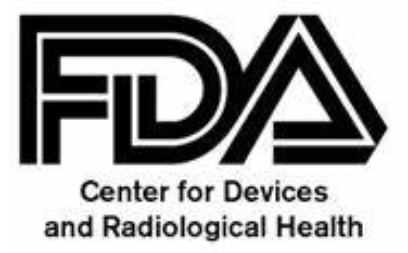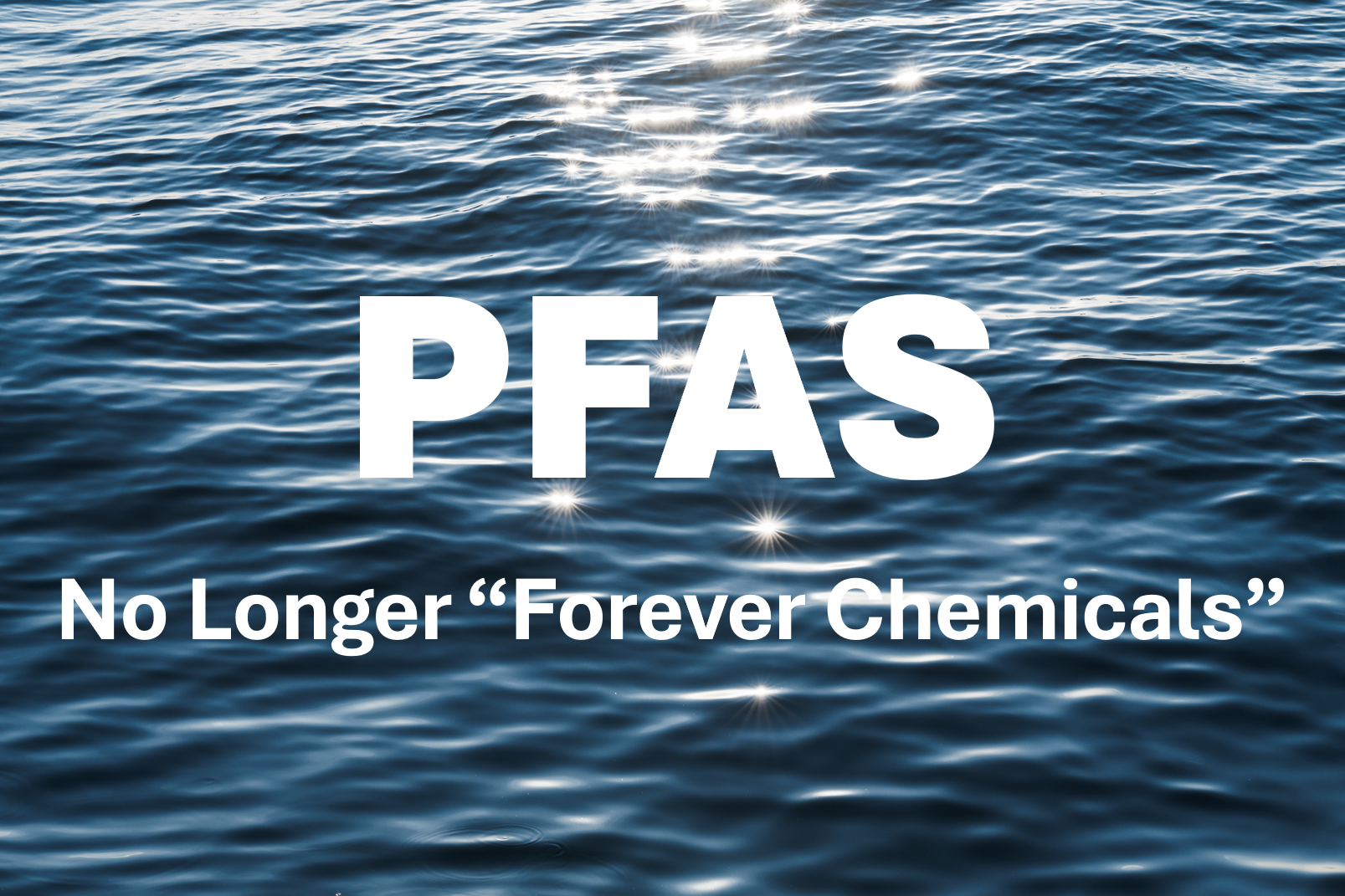

AI’s reach depends on the environments in which it operates as well as how it is developed and deployed, highlighting a fundamental debate on whether we should push for regulation or opt for free-market-driven deregulation.

AI’s reach depends on the environments in which it operates as well as how it is developed and deployed, highlighting a fundamental debate on whether we should push for regulation or opt for free-market-driven deregulation.

On February 15, numerous probationary staff at FDA began receiving emails notifying them they had been fired. “Unfortunately, the Agency finds that you are not fit for continued employment because your ability, knowledge and skills do not fit the Agency’s current needs, and your performance has not been adequate to justify further employment at the Agency,” said the letters.

With a new executive order to leave the World Health Organization, the Make America Healthy Again (MAHA) movement is driving new policy and promises for faster time to market for product innovation. MedTech start-ups are keen to capitalize on the opportunity, yet funding to push product through early product phases – concept and design through clinical studies and post-market surveillance – can be complex. Daniele Viappiani of GC1 Ventures offers strategies for MedTech start-ups to find the right investors.

Leveraging awareness communications to grasp the potential opportunity for medical devices designed to monitor health and chronic illnesses offered by the new US administration.

The United States is currently under the spotlight as Donald Trump’s recent appointment and consequent nomination of Robert F. Kennedy Jr as Department of Health and Human Services secretary are likely to bring a series of crucial changes that will affect the medical device market globally. Manufacturers everywhere are addressing their attention to the US market and waiting for new decisions to be made. In particular, deregulation is on the cards for the sector and the biggest concern is the restructure of the Food and Drug Administration (FDA), as a reduction in regulatory red-tape, though favoring increased competition, could also dangerously shrink examination processes.

careviso Survey Highlights Major Communication Gaps in Healthcare, Impacting Financial Transparency and Patient Experience

“Tariffs may have negative consequences for a continually growing market due to an aging population and the increasing prevalence of long-term illnesses. Companies will be forced to increase prices to make up for losses incurred by the proposed tariffs which may cause supply chain disruptions.”

“Technological progress presents its own challenges, principal among them is that it risks overwhelming healthcare systems with diagnoses of large numbers of patients whose symptoms may be treatable.”

Could MedTech find itself as the collateral damage if an RFK Jr. run HHS “goes wild” with FDA regulation of pharma and processed foods?

Because of the environmental and health risks that PFAS ─ per- and polyfluoroalkyl substances ─ pose, they are subject to a potential ban across the European Union. Such a ban would introduce a need for medical device manufacturers to identify and discontinue the sale of products containing PFAS, while also developing safe and effective alternatives. How will suppliers across the EU approach the impending shift away from these “forever chemicals”?